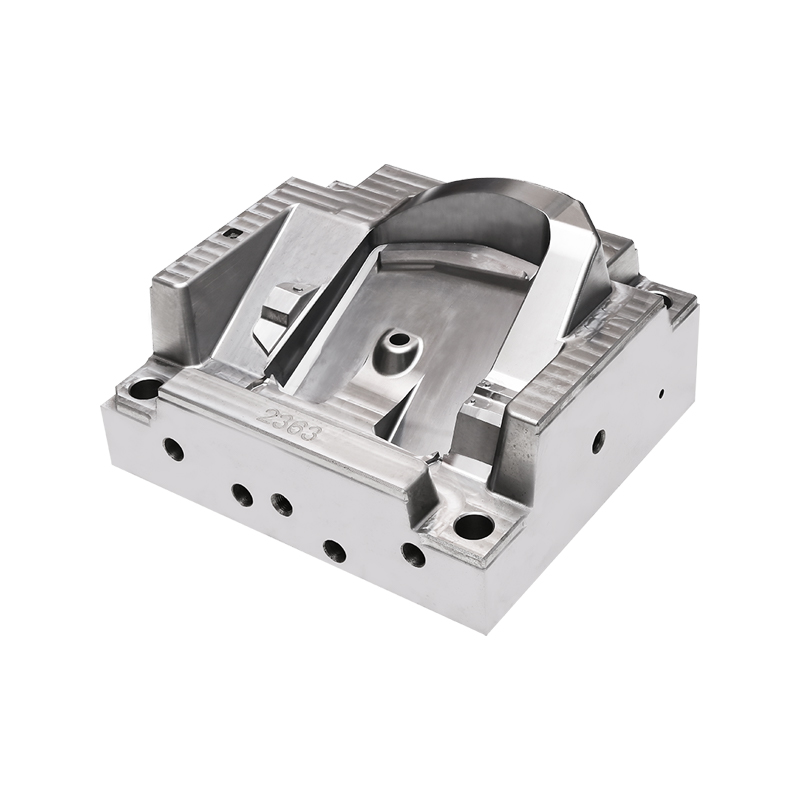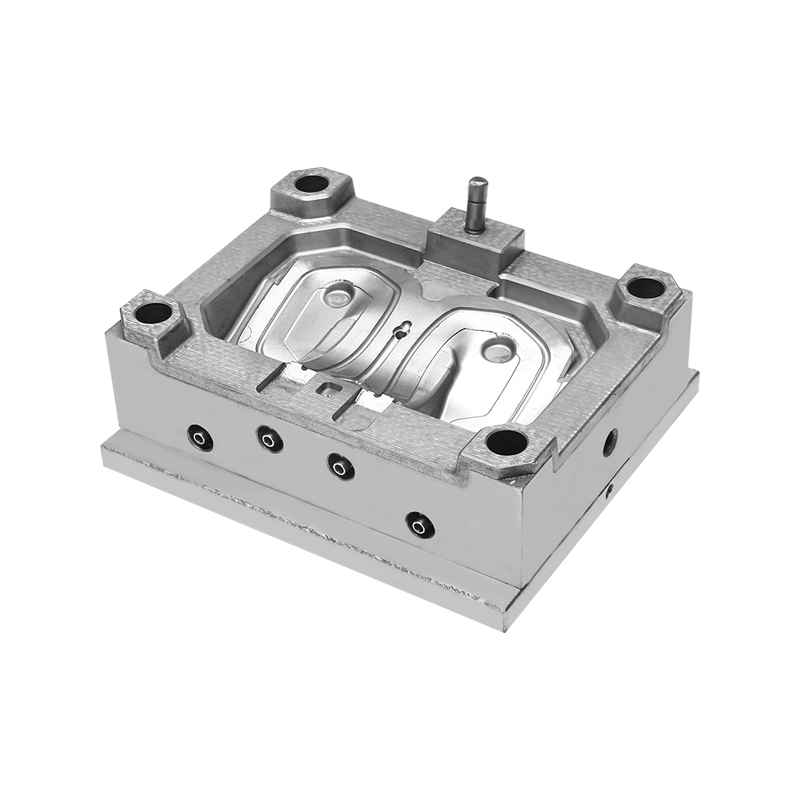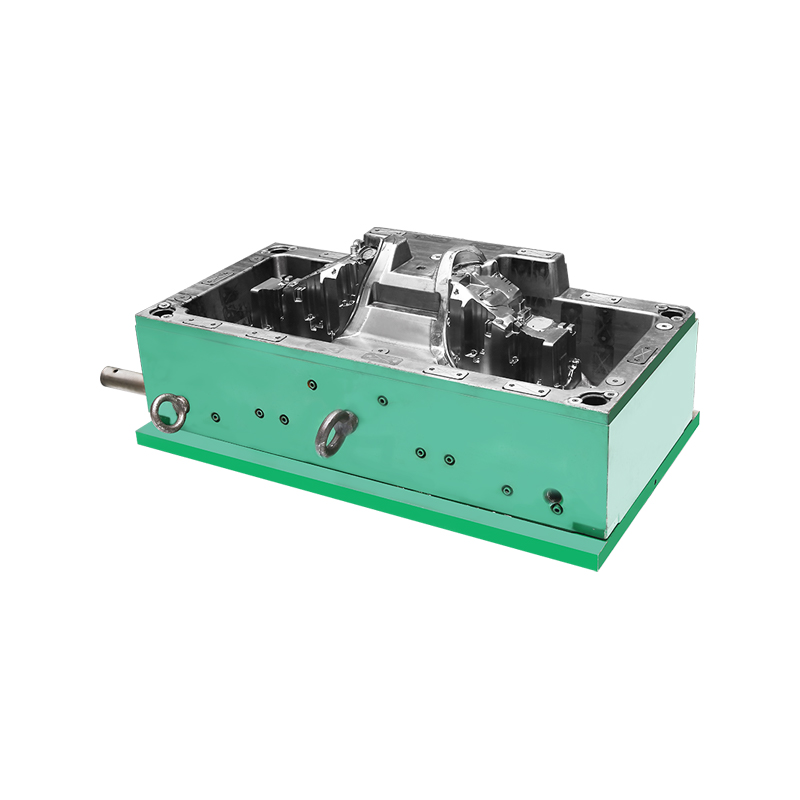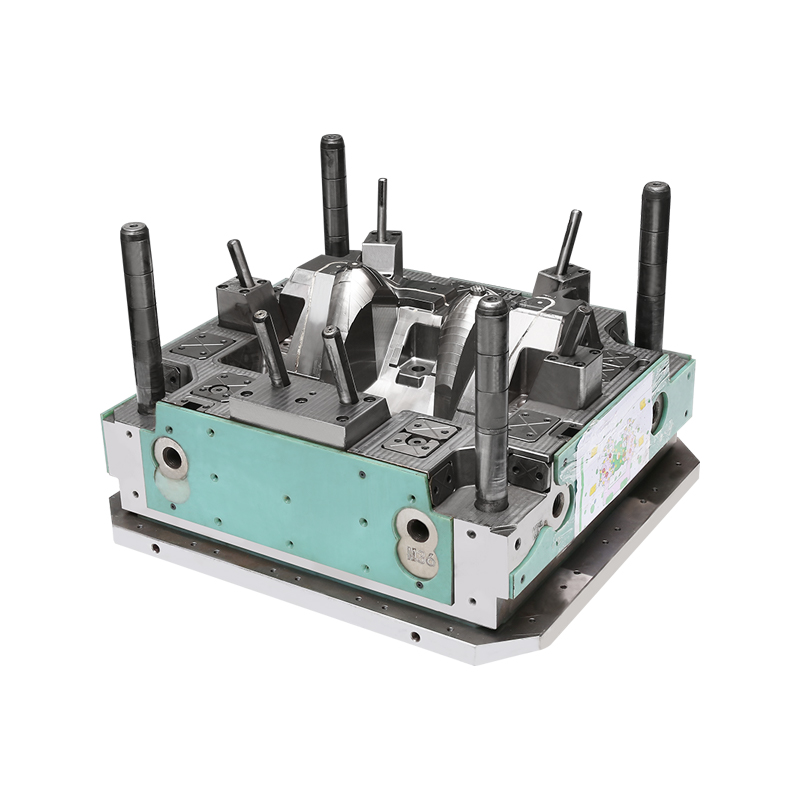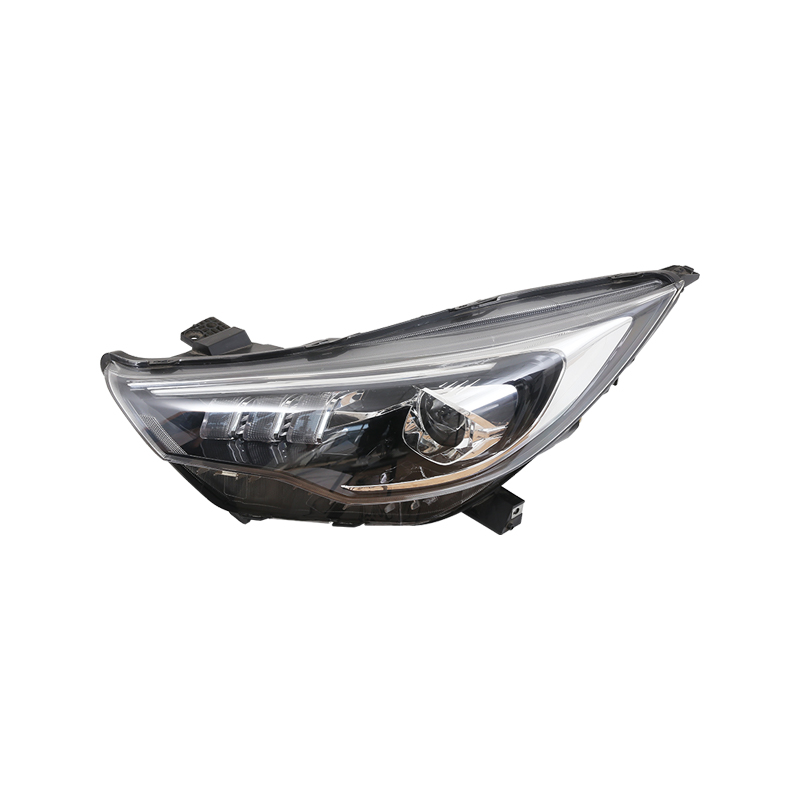Car lamps are essential components that ensure visibility and safety on the road. Behind their production lies the intricate world of car lamp molds, crucial for shaping and manufacturing these critical automotive parts.
Common Types of Car Lamp Molds
Car lamp molds vary depending on the type of lamp being manufactured and the complexity of its design. Here are some common types:
Headlamp Molds: Headlamps are perhaps the critical lighting component of a vehicle, providing illumination for nighttime driving and visibility to other motorists. Headlamp molds are designed to accommodate intricate lens shapes, housings, and mounting features while ensuring optical clarity and durability.
Taillamp Molds: Taillamps serve as rear indicators, brake lights, and hazard signals. Molds for taillamps must be designed to incorporate lenses with specific light distribution patterns and color requirements, as well as housings that withstand environmental elements and impact.
Turn Signal Molds: Turn signals are essential for indicating a vehicle's intention to change direction. Molds for turn signals must produce components that meet regulatory standards for brightness, visibility, and angular coverage, often requiring precise lens geometry and reflective surfaces.
Fog Lamp Molds: Fog lamps enhance visibility in adverse weather conditions by emitting a wide, low beam of light. Molds for fog lamps are engineered to create lenses that optimize light dispersion and reduce glare, ensuring safe driving in foggy or misty conditions.
Interior Lamp Molds: Interior lamps include dome lights, courtesy lights, and reading lights. Molds for interior lamps focus on producing components that are aesthetically pleasing, functionally reliable, and integrate seamlessly into the vehicle's interior design.
Each type of car lamp mold is meticulously crafted to meet stringent quality standards, ensuring that the resulting components not only meet functional requirements but also enhance the overall aesthetics and safety of the vehicle.
Automotive Plastic Injection Molding Mold Suppliers: Choosing the Right Mold
Selecting the right Automotive Plastic Injection Molding Mold Suppliers is critical to achieving high-quality, cost-effective production. Here are key considerations when choosing a mold supplier:
Expertise and Experience: Look for suppliers with a proven track record in automotive mold manufacturing. Experience with complex molds, such as those for car lamps, demonstrates expertise in handling intricate designs and meeting industry-specific standards.
Technology and Capabilities: Evaluate the Automotive Plastic Injection Molding Mold Supplier's technological capabilities, including their equipment, software (such as CAD/CAM systems), and manufacturing processes. Advanced technologies ensure precise mold creation and consistent part quality.
Material Selection and Quality Control: A reputable Automotive Plastic Injection Molding Mold Suppliers should offer expertise in selecting the right plastic materials for automotive applications, balancing factors such as strength, durability, heat resistance, and cost-efficiency. Rigorous quality control processes, including inspection and testing, are essential to ensure compliance with specifications and standards.
Customization and Flexibility: Automotive mold requirements can vary widely. Choose a supplier capable of customizing molds to meet specific design and performance criteria. Flexibility in production capabilities allows for efficient manufacturing of both small and large volume runs.
Cost and Delivery: While cost is a crucial factor, prioritize overall value and reliability over price alone. Consider factors such as mold longevity, maintenance requirements, and supplier responsiveness. On-time delivery is critical to maintaining production schedules and meeting customer demands.
Regulatory Compliance: Ensure that the supplier adheres to relevant industry standards and regulations, such as ISO certifications (e.g., ISO 9001 for quality management systems) and automotive-specific standards (e.g., ISO/TS 16949).
Choosing the right automotive plastic injection molding mold supplier involves thorough research, clear communication of requirements, and alignment with your production goals and quality standards. By partnering with a reputable supplier, automotive manufacturers can achieve efficient, reliable, and high-quality production of car lamp molds that contribute to vehicle safety and performance.

 English
English 中文简体
中文简体 русский
русский Español
Español
